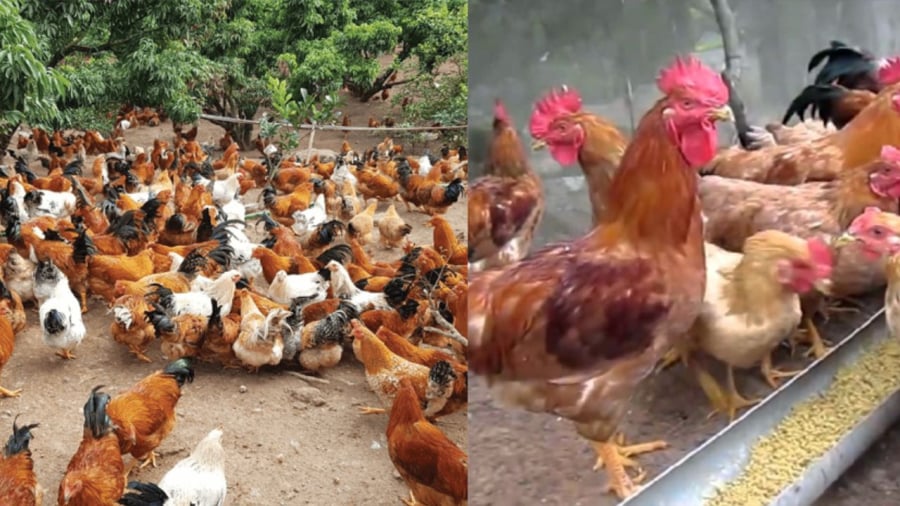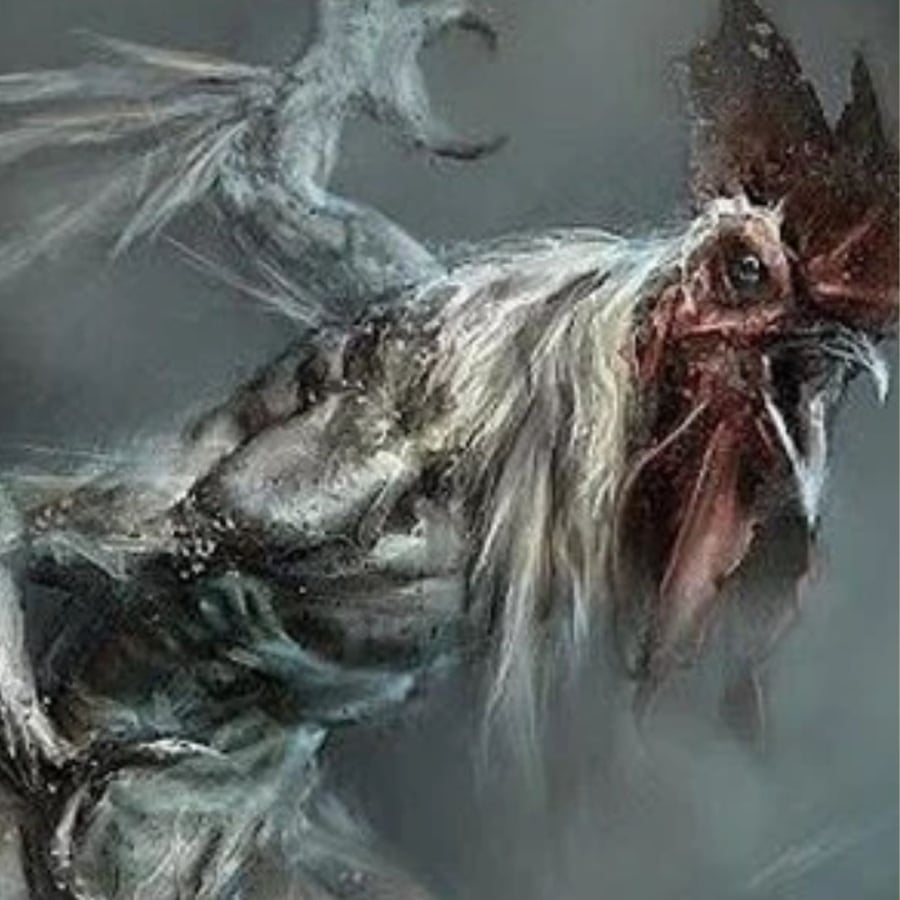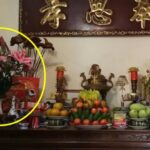In Vietnamese folk culture, there exists a wealth of proverbs rooted in practical experience and observations. One such piece of age-old advice cautions against keeping chickens beyond six years. But why is this? Superstition or practical wisdom? This article delves into the rationale behind this intriguing belief.
1. Cultural Significance and Feng Shui
Firstly, it’s important to understand that chickens hold a special place in Vietnamese culture and Feng Shui. Beyond being a common farm animal, the rooster symbolizes bravery, loyalty, and the heralding of a new day, associated with light and new beginnings. Conversely, hens embody yin energy, representing fertility, care, and family bonds.

However, according to the principles of Yin and Yang and the five elements, all things go through cycles of birth, longevity, decay, and death. Feng Shui dictates that when an object surpasses a certain cycle, its energy can turn from auspicious to inauspicious. In the case of chickens, the number six is considered a Feng Shui threshold to maintain positive energy. Keeping them longer may result in depleted energy, potentially affecting the home’s energy field.
2. Biological Life Cycle of Chickens
From a scientific perspective, the average life span of chickens ranges from 5 to 10 years, depending on their living conditions and breed. However, in small-scale household or farm settings, they are typically most productive during the first 2 to 4 years. After this period, their reproductive abilities wane, and they become more susceptible to diseases.
Notably, if kept beyond six years:
- Hens will cease laying eggs.
- Roosters tend to lose their aggression and vigor, making them less suitable for effective breeding.
- Older chickens are more prone to diseases like Marek’s, septicemia, bronchitis, and dysentery, which can spread to the rest of the flock if left unchecked.
- Meat from older chickens tends to be tougher and less palatable, diminishing its culinary value.
Consequently, keeping chickens beyond six years offers little economic benefit and may even result in higher feeding and medication costs, along with increased care requirements.
3. Spiritual Beliefs and Luck
In folk beliefs, there is a notion that animals kept too long in the household may become “overly spiritual,” suggesting they develop a consciousness that can be challenging to control and may impact the family’s Feng Shui. Older roosters, in particular, might display aggressive behavior and even attack children or family members.

Additionally, our ancestors believed that chickens that lived too long without laying eggs or crowing, or those exhibiting strange behaviors, brought bad luck and hindered family prosperity. While these beliefs lack scientific basis, they reflect the cautious approach of our forebears toward natural phenomena and the transformations of living beings.
4. Lessons from Farming Experience
- In the past, farmers lacked access to advanced technology and veterinary medicine, so they relied heavily on observing the habits, lifespans, and behaviors of their livestock. Through this, they determined optimal timelines for managing their chicken flocks, ensuring productivity while minimizing disease risks.
- The adage “do not keep chickens beyond six years” also serves to:
- Promote flock rejuvenation for enhanced productivity.
- Prevent waste of feed and care for unproductive birds.
- Reduce the risk of disease transmission from older chickens to younger ones or other livestock.
5. Advice for Modern Poultry Farmers
While modern poultry farming has made significant advancements, the advice “do not keep chickens beyond six years” still holds practical value. Contemporary poultry farmers should consider the following:
Regularly monitor the health of the flock and cull aged or weak individuals.
Replace breeding stock every 2-3 years to maintain a healthy gene pool.
Stay vigilant for abnormal behaviors or health issues and address them promptly.
Avoid keeping older chickens purely out of sentiment if it compromises the well-being of the flock.
In conclusion, the belief of “not keeping chickens beyond six years” is not merely a folk saying but a synthesis of Feng Shui, biology, and practical farming experience. While modern science can extend the productivity and lifespan of poultry, heeding these traditional principles helps farmers maintain a robust and stable flock, steering clear of unnecessary risks. The key to sustainable poultry farming lies in selectively adopting ancient wisdom and blending it with modern techniques.
The Ancient’s Warning: ‘An Altar Facing These 2 Directions Brings Turmoil to the Family,’ But Which Directions Are These?
In the realm of feng shui, the placement of an altar can have a profound impact on the fortune and blessings bestowed upon a household. It is believed that an ill-positioned altar can disrupt the flow of positive energy, potentially bringing about misfortune and hardship. Thus, it is of utmost importance to heed the principles of feng shui when deciding on the location of an altar within the home.






































